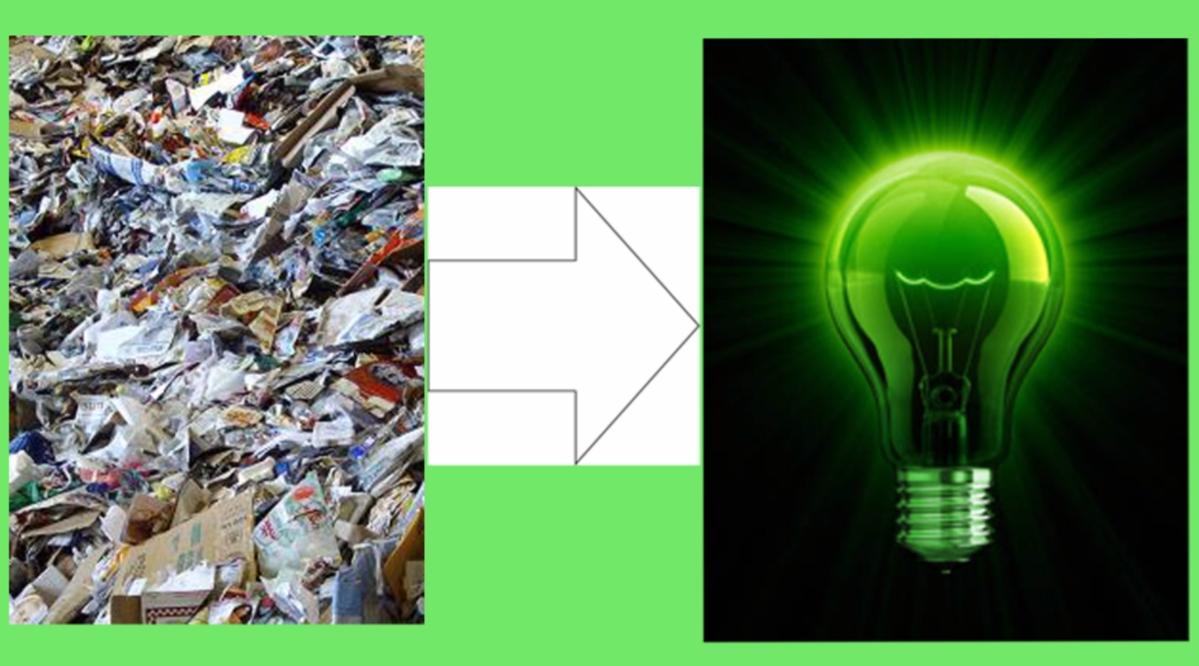CASE STUDY
Development of Technologies for Producing Energy and High Value Chemicals from Waste Feedstocks

Key to the success of anaerobic digestion processes is the activity of process-specific microbiomes, the mixtures of microorganisms that are responsible for transforming waste into useful products. Thus, projects are applying cutting edge next-generation gene sequencing technologies to probe these complex, communities of microbes to unlock their secrets and redirect their activities.
De Long and Sharvelle work closely with a range of organizations including the Environmental Research and Education Foundation, US Department of Agriculture, and CO Office of Economic Development to develop practical solutions for waste management that address energy and chemical production needs.